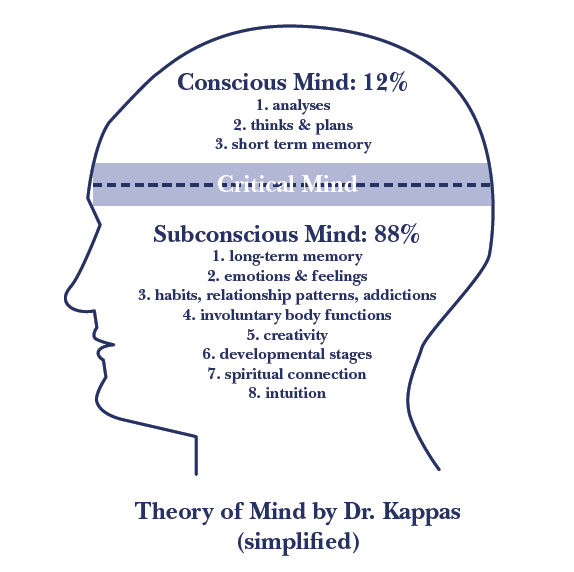
Questions of the latter sort imply that perceptual experiences typically have external referents and that they are meaningfully organized, most often as objects.

How accurately, for example, does the visually perceived size of an object match its physical size as measured (e.g., with a yardstick)? Of further interest is the degree of correspondence between percepts and the physical objects to which they ordinarily relate.

The problems they consider relate to the process whereby percepts are formed from the interaction of physical energy (for example, light) with the perceiving organism. Typically, researchers in perception simply accept the apparent physical world particularly as it is described in those branches of physics concerned with electromagnetic energy, optics, and mechanics. Such fundamental philosophical assertions as the existence of a physical world, however, are taken for granted among most of those who study perception from a scientific perspective. The remnants of such philosophical questions, however, do remain researchers are still concerned, for example, with the relative contributions of innate and learned factors to the perceptual process. For the most part, psychology bypasses such questions in favour of problems that can be handled by its special methods.

They also ask whether there are innate ideas or whether all experience originates through contact with the physical world, mediated by the sense organs. Epistemologists ask whether a real, physical world exists independently of human experience and, if so, how its properties can be learned and how the truth or accuracy of that experience can be determined. Philosophical interest in perception stems largely from questions about the sources and validity of what is called human knowledge (see epistemology). As a scientific enterprise, however, the investigation of perception has especially developed as part of the larger discipline of psychology. Indeed, perceiving remains of interest to philosophers, and many issues about the process that were originally raised by philosophers are still of current concern. Historically, systematic thought about perceiving was the province of philosophy. That is, predictions derived from theory are compared with appropriate empirical data, quite often through experimental research. Because the perceptual process is not itself public or directly observable (except to the perceiver himself, whose percepts are given directly in experience), the validity of perceptual theories can be checked only indirectly. Relations found between various types of stimulation (e.g., light waves and sound waves) and their associated percepts suggest inferences that can be made about the properties of the perceptual process theories of perceiving then can be developed on the basis of these inferences. That experience, or percept, is the joint product of the stimulation and of the process itself. Perception, in humans, the process whereby sensory stimulation is translated into organized experience. SpaceNext50 Britannica presents SpaceNext50, From the race to the Moon to space stewardship, we explore a wide range of subjects that feed our curiosity about space!.Learn about the major environmental problems facing our planet and what can be done about them! Saving Earth Britannica Presents Earth’s To-Do List for the 21st Century.Britannica Beyond We’ve created a new place where questions are at the center of learning.100 Women Britannica celebrates the centennial of the Nineteenth Amendment, highlighting suffragists and history-making politicians.
#MIND PERCEPTION DEFINITION HOW TO#



 0 kommentar(er)
0 kommentar(er)
